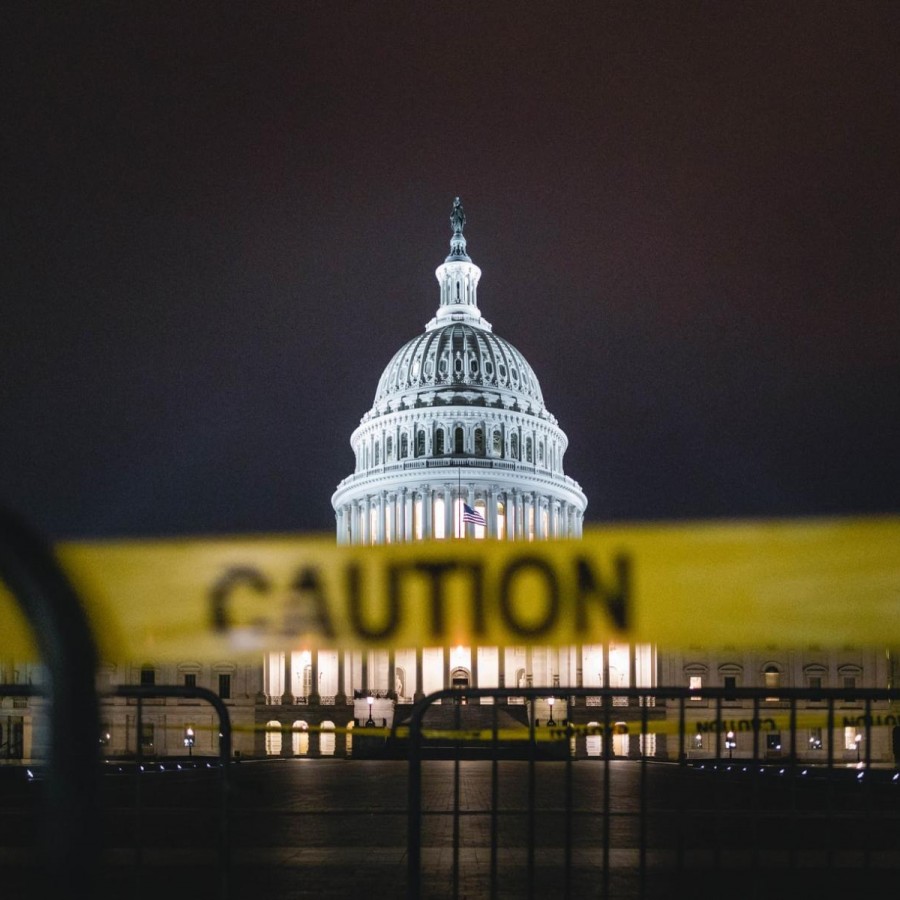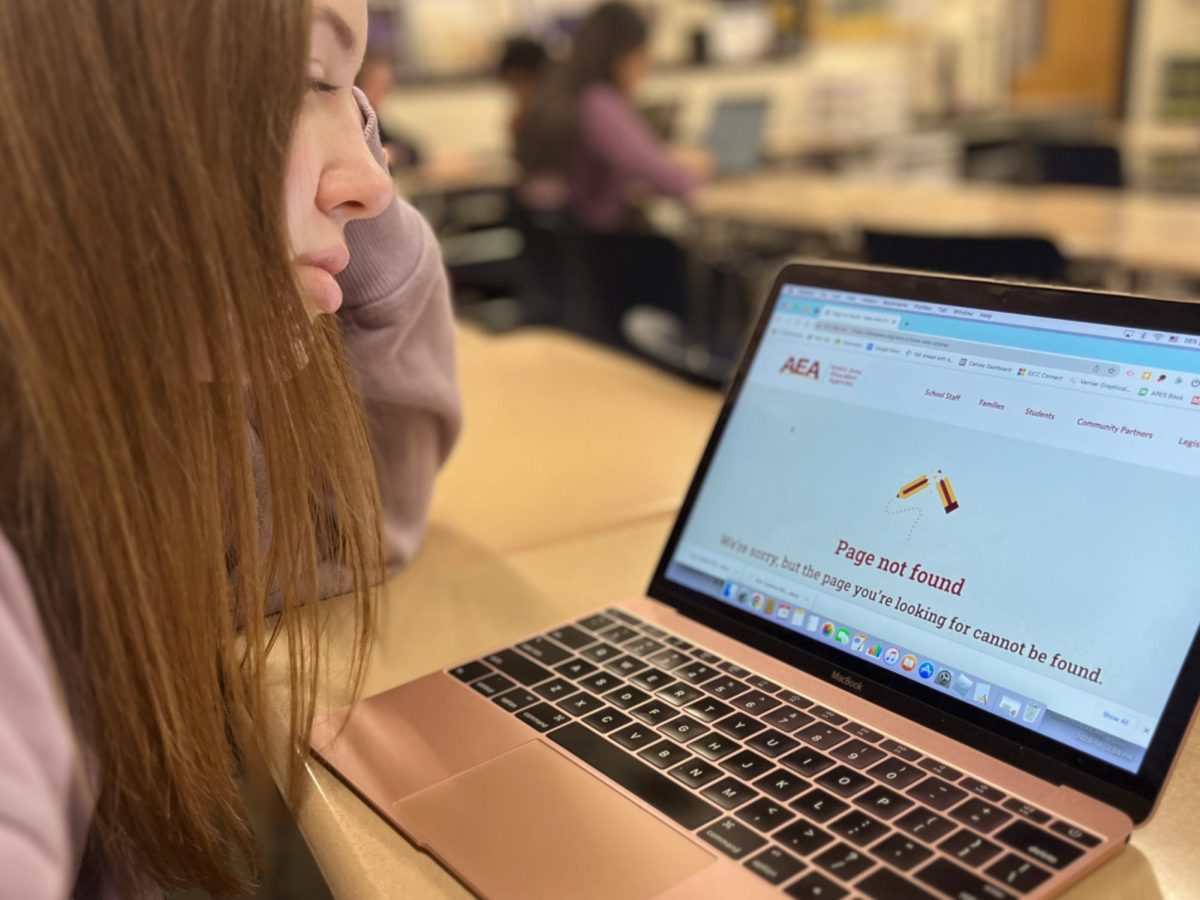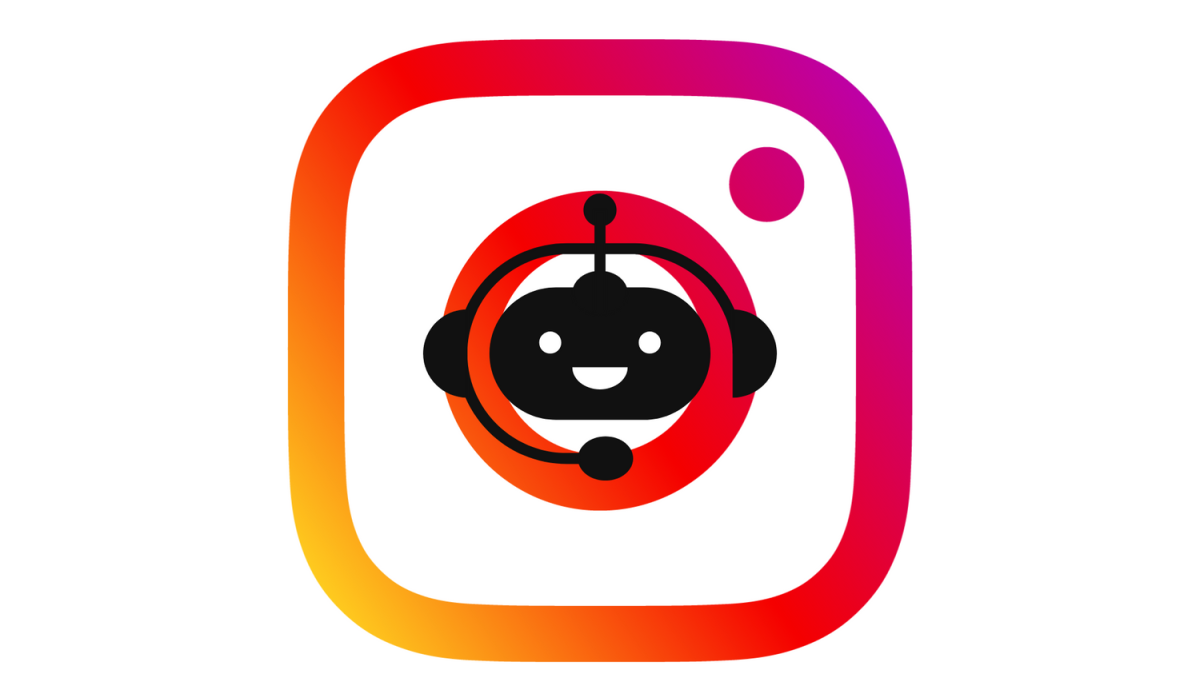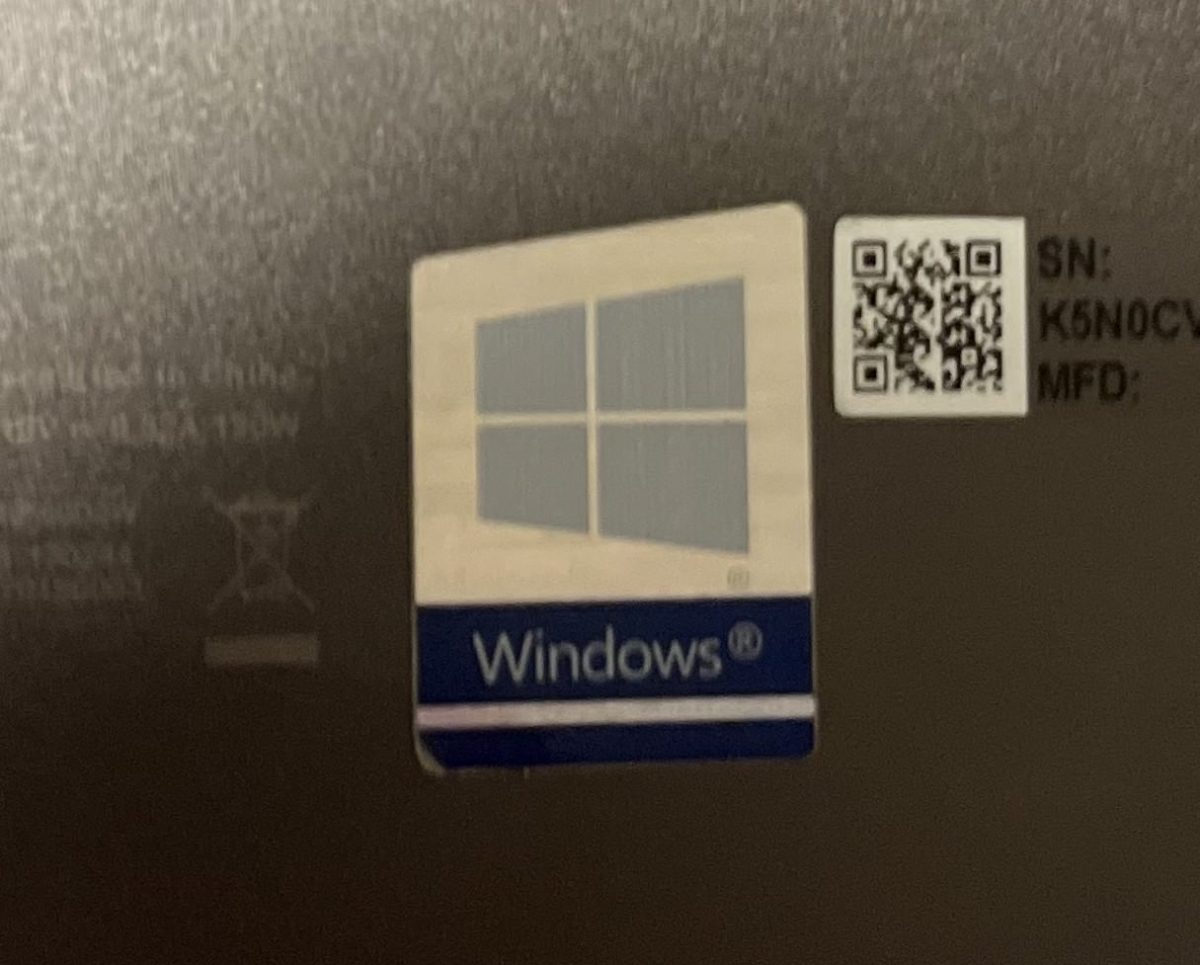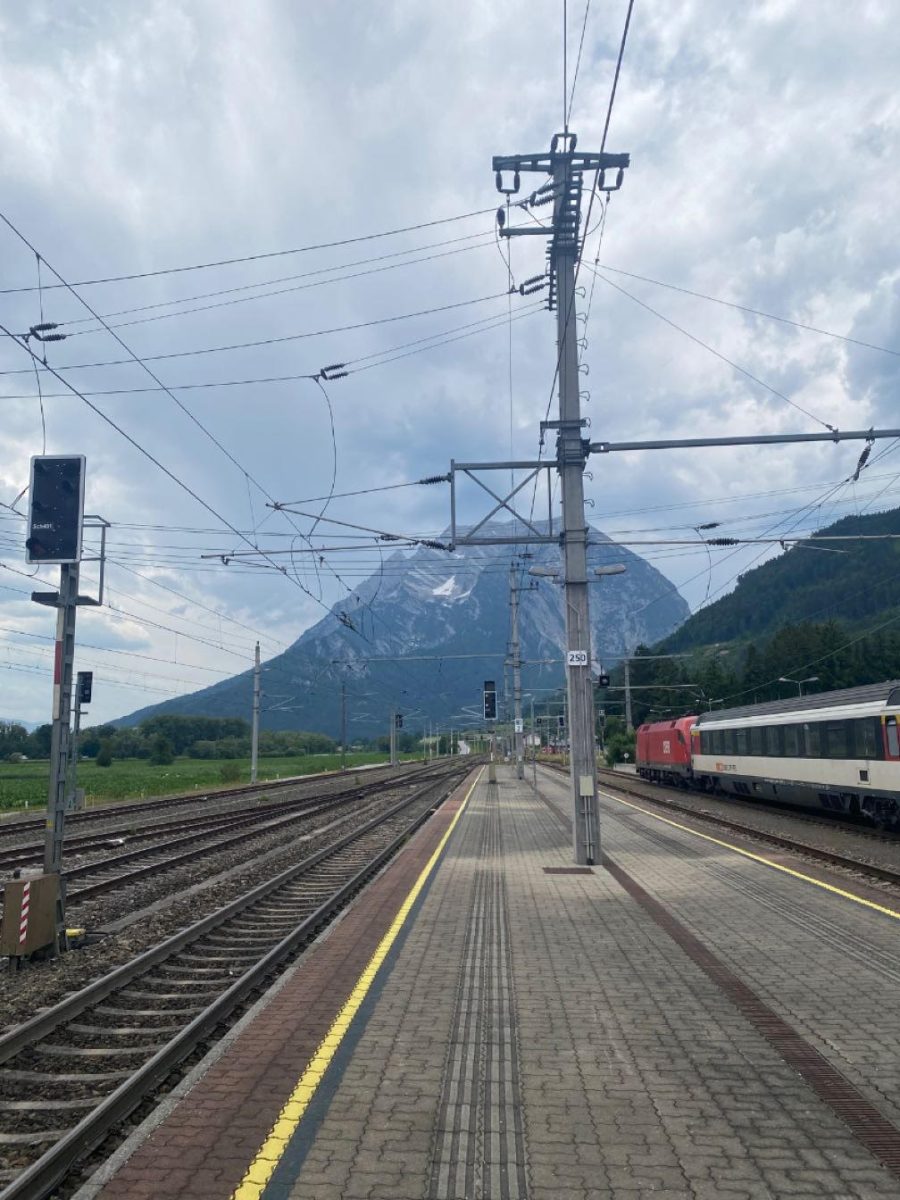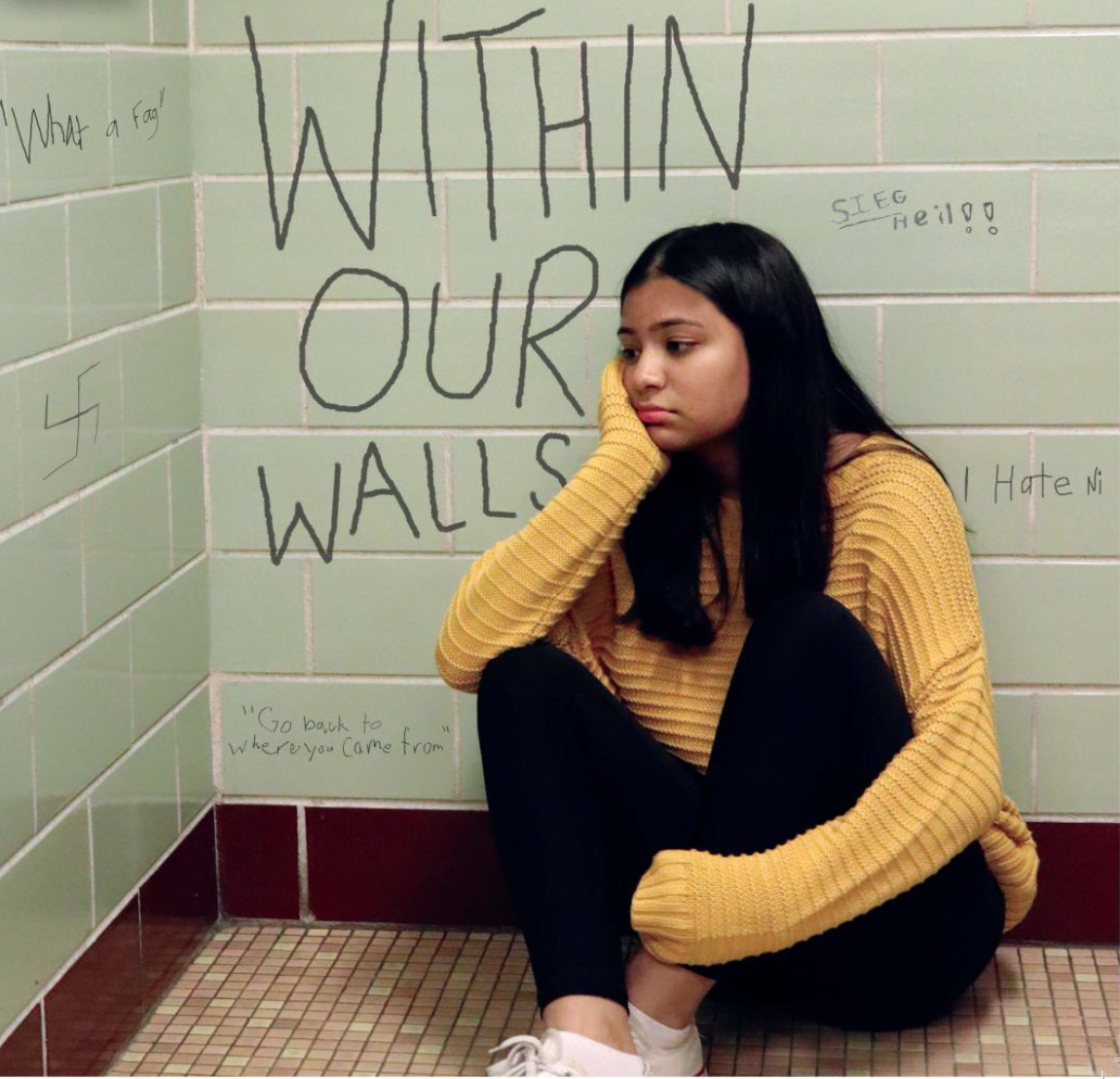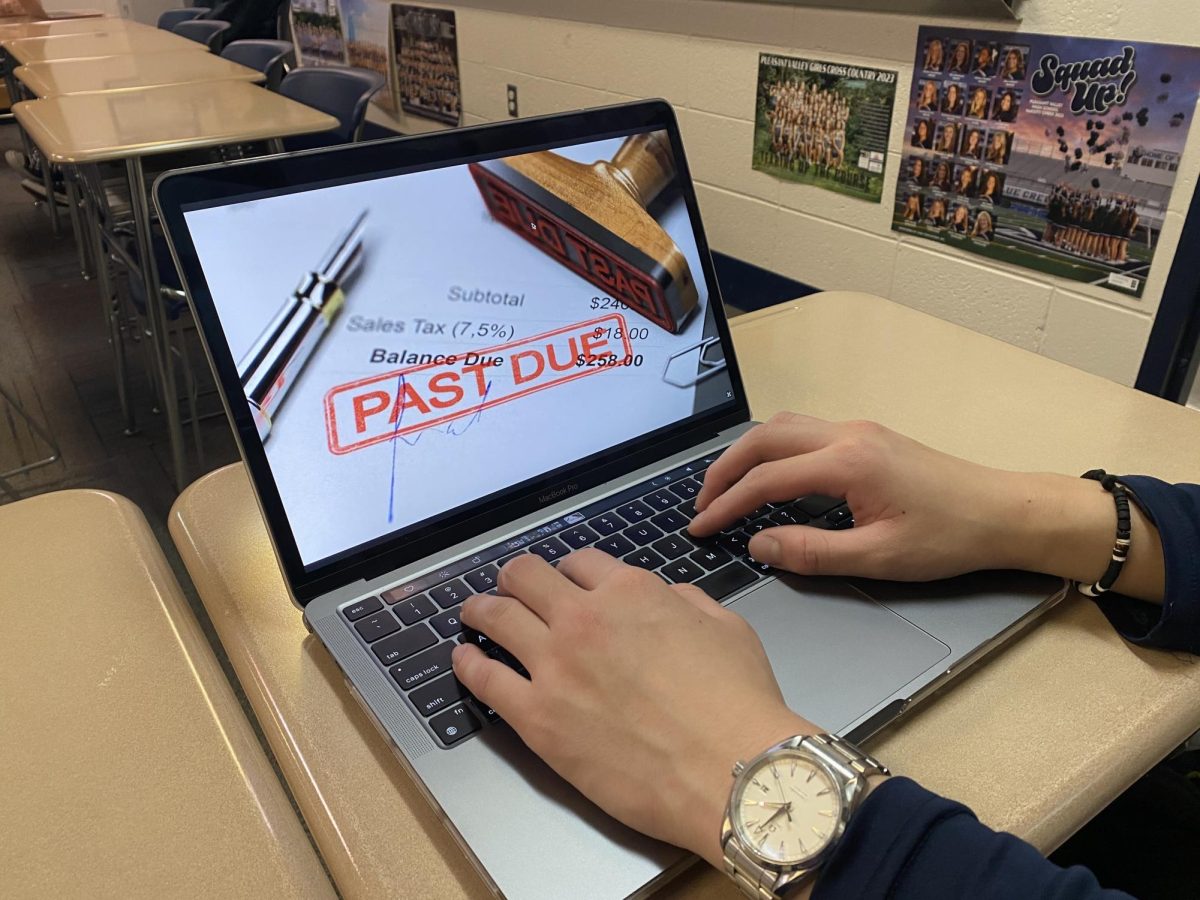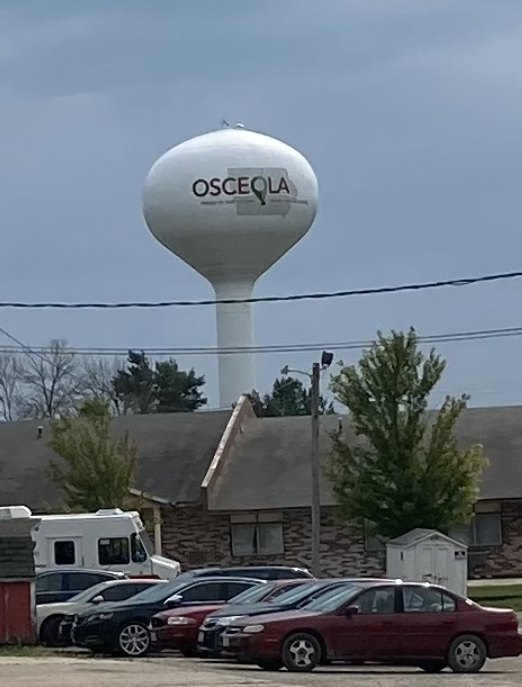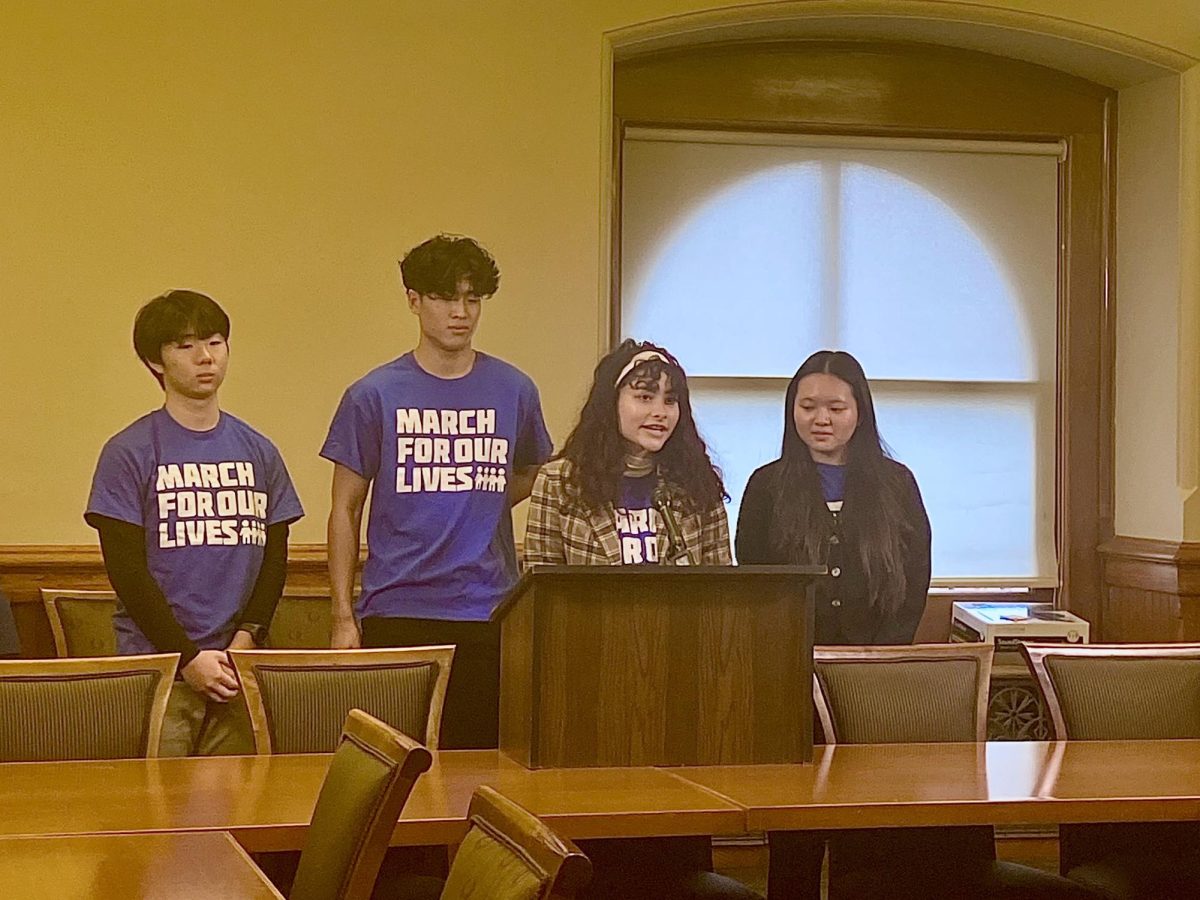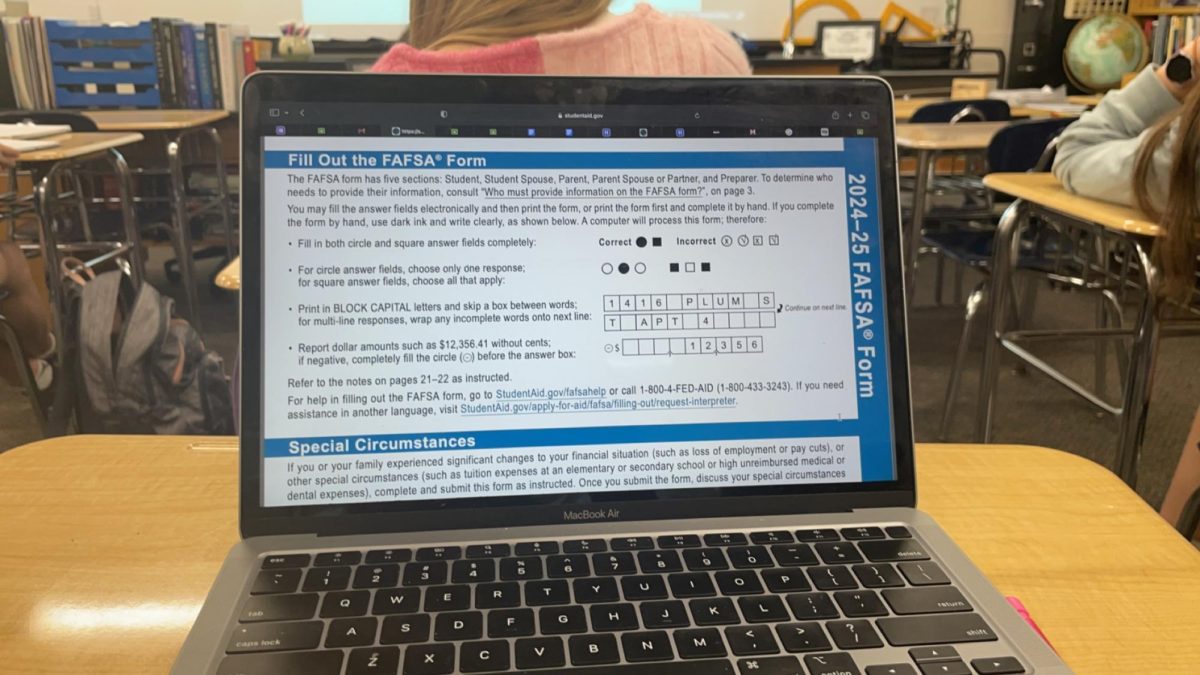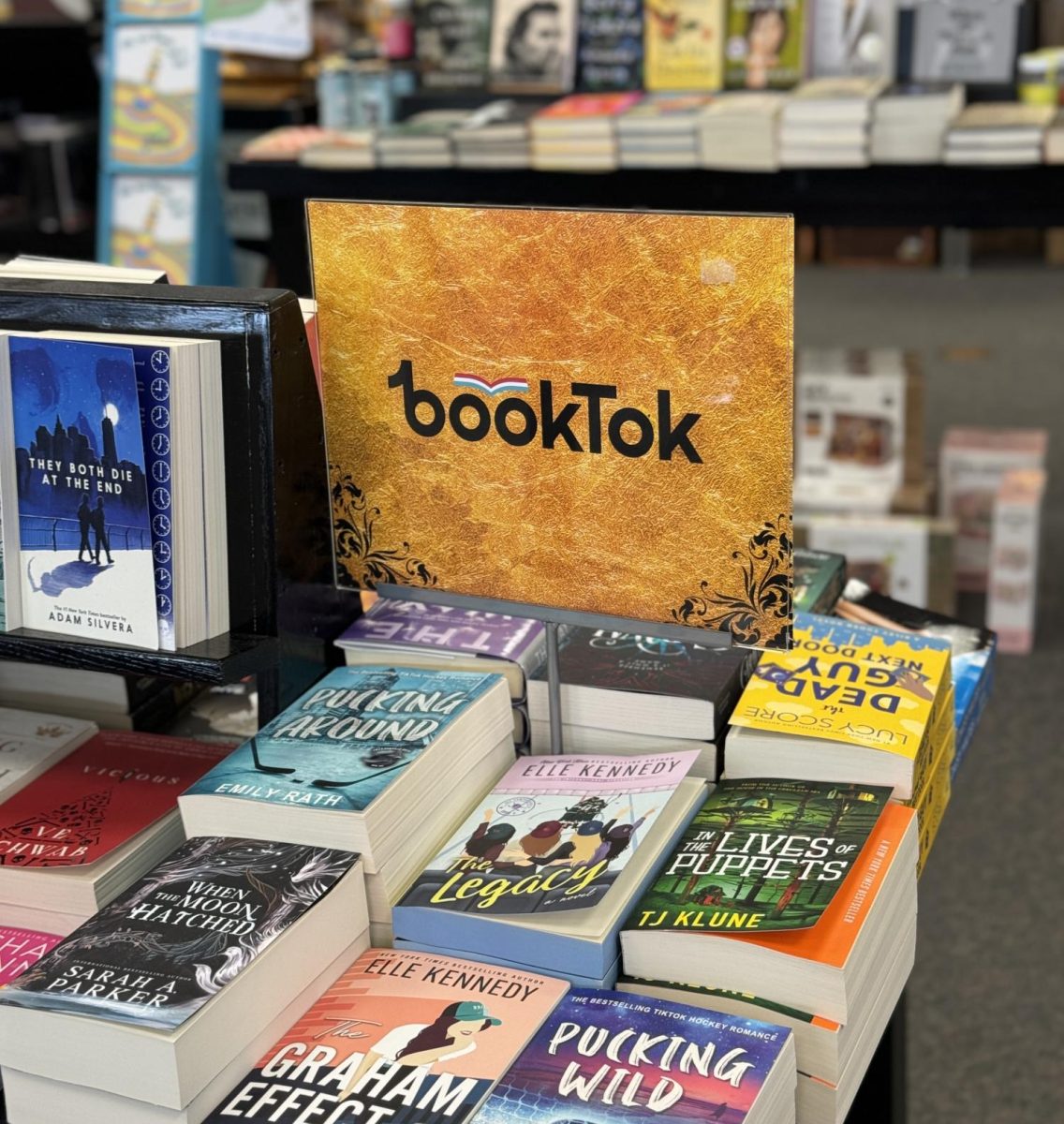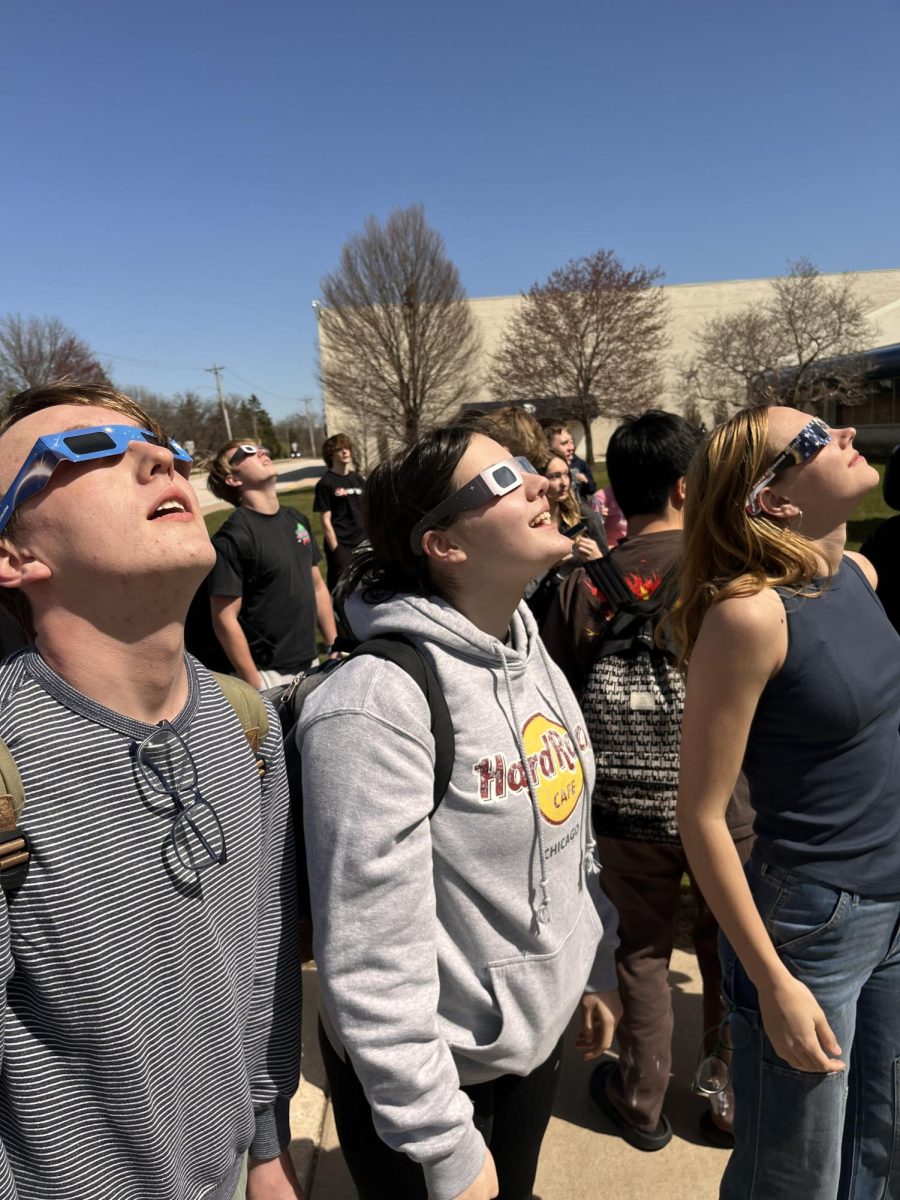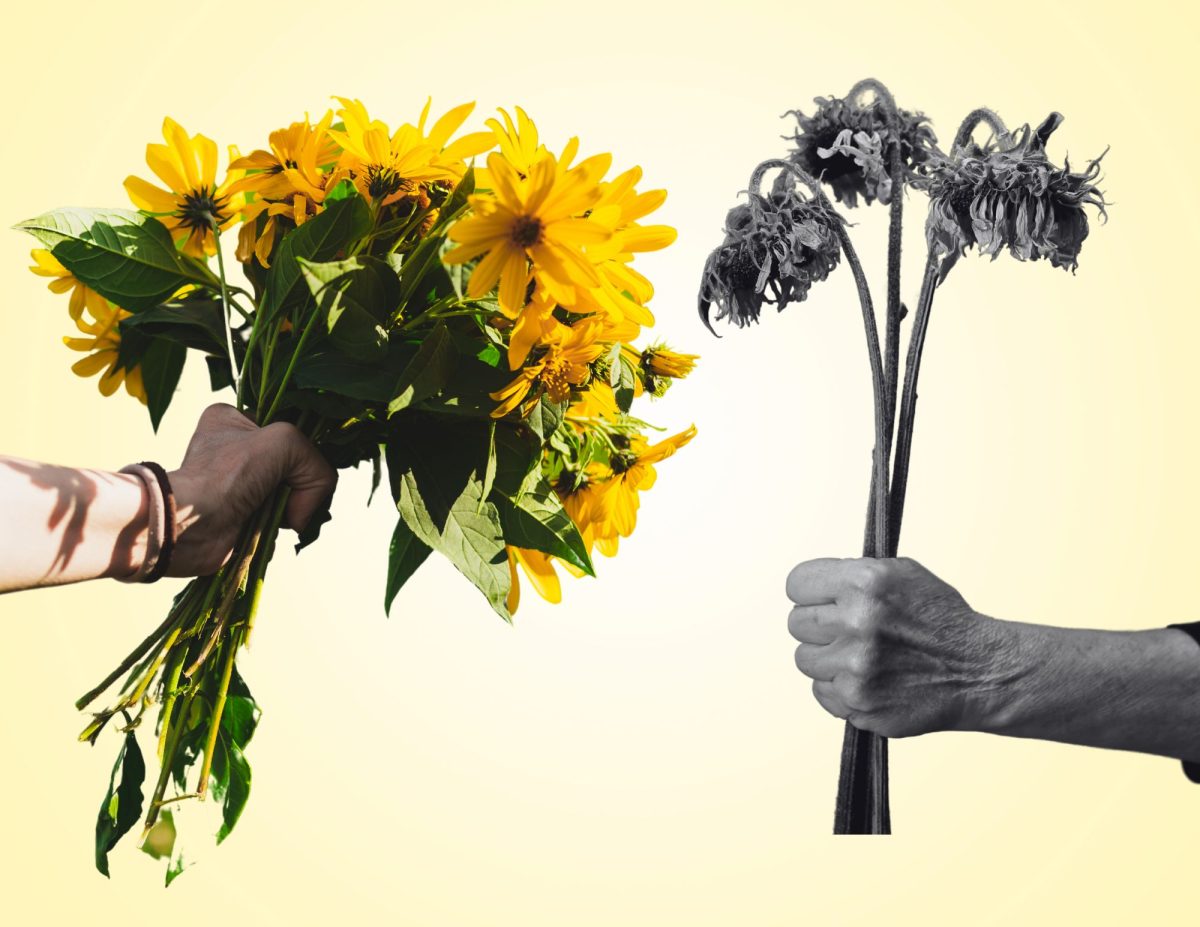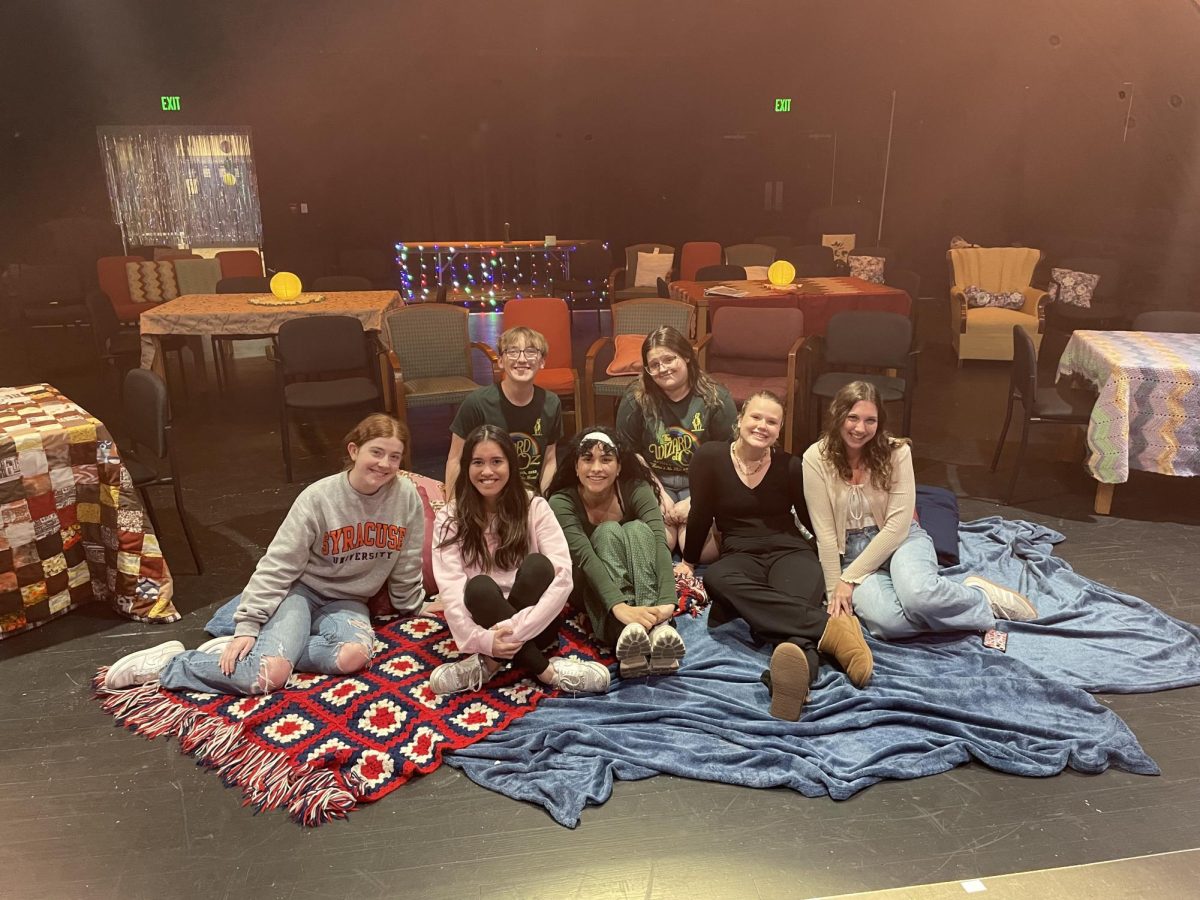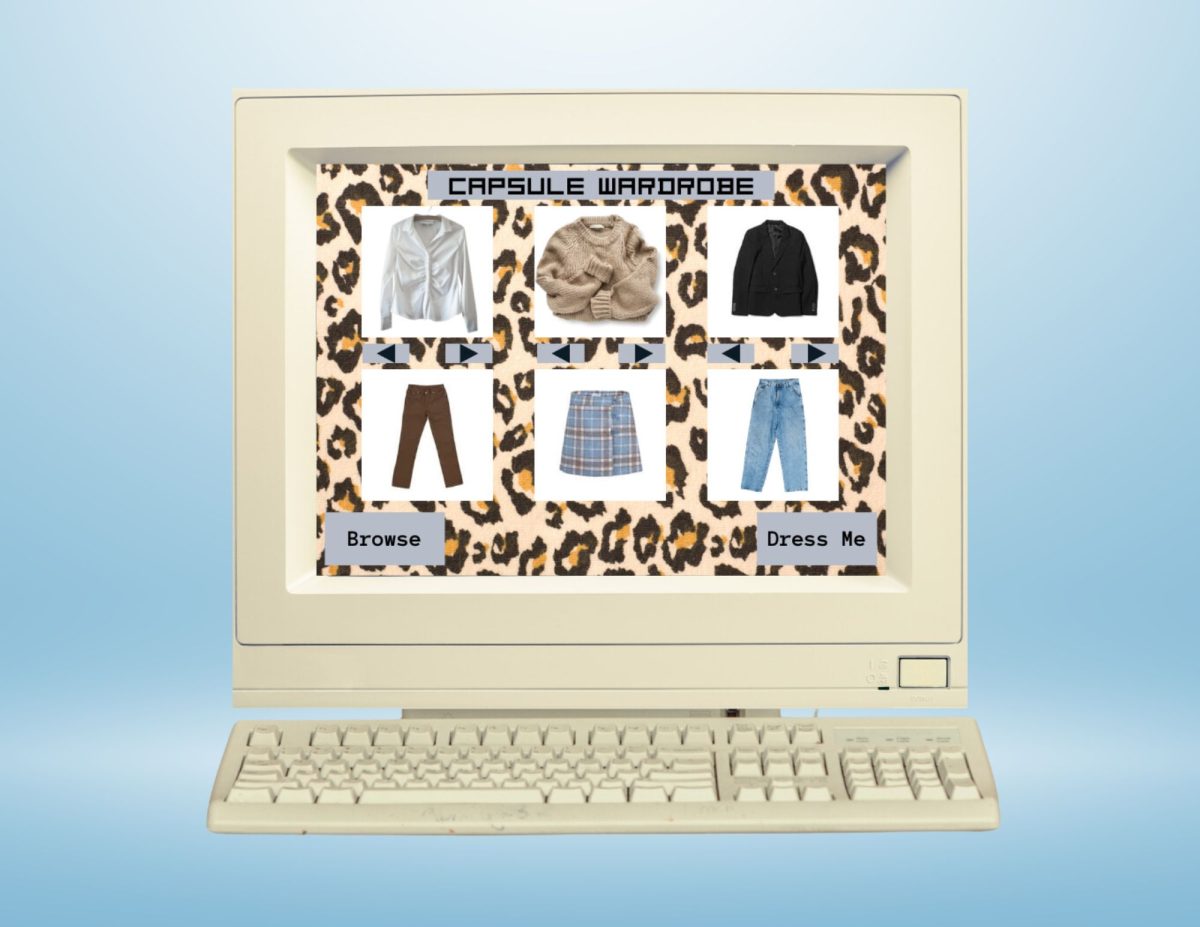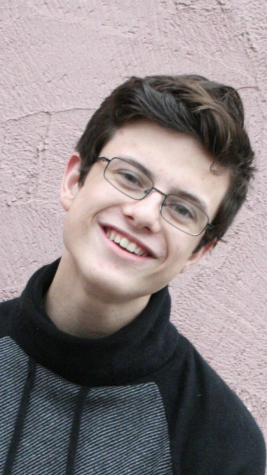As of Oct. 6, 12 members of the White House staff and President Trump’s personal orbit have tested positive for COVID-19, including the president himself. The White House has become a COVID hotspot and the president a superspreader.
The President announced that he and the First Lady had tested positive on Friday, Oct. 1, on Twitter. His positive test came after a series of meetings and events days before, many having large numbers of people in attendance with a significant lack of masks and social distancing. Since Trump’s positive test, many high profile politicians and White House staff members have also tested positive.
Of the events the president attended, Amy Coney Barret’s Supreme Court nomination ceremony at the White House Rose Garden has left the most positive cases in its wake. The event was packed with a significant number of high profile attendees. Barrett’s nomination was the type of event health officials have advised against holding.
Large events have been canceled and replanned due to COVID-19 all across the country. “ In large groups, there is a greater chance of there being individuals in attendance that have the virus and don’t know it (asymptomatic), have the virus but haven’t yet shown symptoms (presymptomatic), or have the virus and only mild symptoms that they don’t realize is COVID-19,” said Edward Rivers, head of the Scott County Public Health Department. “The numbers do not work in our favor for these large events.”
Later in the week, the President attended an outdoor rally and fundraiser in Minnesota which also lacked masks and social distancing. The rally had thousands of supporters in attendance.
The positive COVID-19 tests rolled in after these two events. White House aide Hope Hicks tested positive two days after the Rose Garden ceremony, followed by the President and First Lady the next day. Over the course of that Friday, more people in Trump’s circle tested positive, including many Republican politicians.
When Trump disclosed his positive test, there was fear that he could have spread the virus at the presidential debate, which had taken place a few days after the Rose Garden ceremony in Cleveland. Moderator Chris Wallace disclosed to Fox News that the president had not been tested before the debate due to arriving late, while Democratic candidate Joe Biden and his staff had tested negative.
The same day he tested positive for the virus, the President was transferred to Walter Reed Medical Center for treatment. Doctors gave the president Remdesivir therapy, a broad-spectrum antiviral medication, which Trump halted funding for in April. Doctors monitored his condition closely and the president received the highest level of care available in the United States.
Sunday, after one full day of treatment at the hospital, the President left his suite for a drive-by wave to supporters gathered outside Walter Reed. The Secret Service SUV, hermetically sealed in case of chemical attack, used for the drive-by restricted air flow and significantly increased odds of infection. The two Secret Service agents in the SUV with the President were at high risk, even with PPE.
After two days of treatment at Walter Reed, Doctor Sean Conely cleared Trump to return to the White House, where he was greeted by a large crowd. On the White House balcony, the president removed his mask and acted triumphant.
Although doctors at Walter Reed said they are confident in the President’s condition, the video of the president outside the White House shows that he may have a long recovery ahead of him.
The rise in cases across Washington D.C. has also affected a number of other things, including the campaign. After the president’s positive test, the Commission for Presidential Debates chose to hold a virtual debate for the safety of all involved. The president refused to attend a virtual debate.“No, I’m not going to waste my time in a virtual debate,” Trump said on Fox News. In response, the commission cancelled the debate and both presidential candidates scheduled their own town halls.
Even though the first presidential debate was poorly received, voters are disappointed that the second debate will not be taking place. “I’ve seen plenty of well done virtual debates,” said senior Jared Jones. “Debates are already so technical so the only difference is not actually being in person. Any reason not to do a virtual debate would be beyond me.”
Washington D.C.’s COVID outbreak has also had an impact on the Supreme Court nomination process in the Senate. The outbreak forced the Senate into a two week recess, although the Senate Judiciary Committee continued to interview quickly. Now, after a two week quarantine, all senators have returned and are preparing to vote on Barrett’s confirmation to the court.
Although, not all senators followed the two-week quarantine advised by the CDC. Sen. Mike Lee of Utah appeared at Barrett’s confirmation hearing, less than two-weeks after being diagnosed with COVID-19, and spoke without wearing a mask. Lee was cleared to leave by the congressional physician but the decision to attend the hearings remains a controversial one.
Since the nomination event at the Rose Garden, all of Washington D.C. experienced a COVID-19 shock as the nation waited for updates on the president’s health and whether more prominent figures would fall ill. The outbreak has also led voters to ask, if politicians can not keep themselves safe how can they keep the American people safe?








